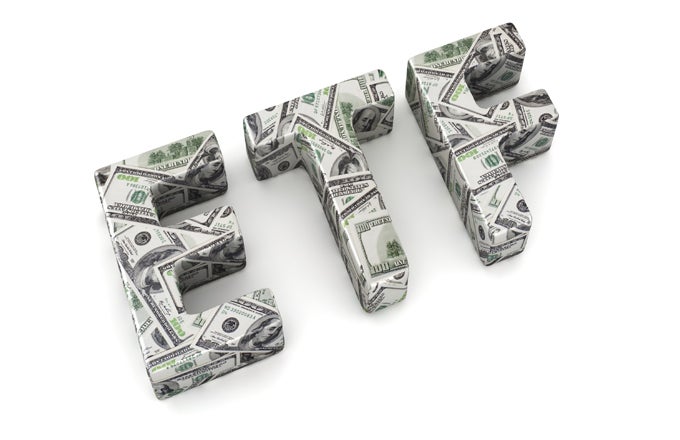
An ETF holds assets such as stocks, commodities, or bonds, and trades close to its NAV over the course of the trading day.
Most ETFs track an index, such as a Stock Index or Bond Index
ETFs may be attractive as investments because of their low costs, tax efficiency and stock-like features
ETFs have been available in the US since 1993 and in Europe since 1999
ETF's is similar to a close-ended mutual fund listed on stock exchanges. ETF's experience price changes throughout the day as they are bought and sold.
Exchange Traded Funds (ETFs) have been in existence in India for quite some time now. But so far ETFs have not enjoyed the kind of popularity that the conventional Mutual Funds enjoy. One reason could be the lack of understanding of the concept of ETF amongst the general investor. Second, and probably the more important reason, is that ETFs by nature track a certain index (e.g. S&P BSE SENSEX or the BANKEX). Hence, the returns one can expect from ETFs will be equal to the rise in the index
List of Indian exchange-traded funds
- Goldman Sachs Gold Exchange Traded Scheme (NSE: GOLDBEES)
- Goldman Sachs Liquid Exchange Traded Scheme (NSE: LIQUIDBEES)
- Goldman Sachs Nifty Exchange Traded Scheme (NSE: NIFTYBEES)
- Goldman Sachs Nifty Junior Exchange Traded Scheme (NSE: JUNIORBEES)
- HDFC Mutual Fund - HDFC Gold Exchange Traded Fund (NSE: HDFCMFGETF)
- Kotak Mutual Fund - Gold Exchange Traded Fund (NSE: KOTAKGOLD)
- Motilal Oswal Mutual Fund - Motilal Oswal MOSt Shares M50 ETF (NSE: M50)
- Motilal Oswal Mutual Fund - Motilal Oswal MOSt Shares M100 ETF (NSE: M100)
- R* Shares Gold ETF (NSE: RELGOLD)
- SBI Mutual Fund - SBI Gold Exchange Traded Scheme - Growth Option (NSE: SBIGETS)
- UTI Mutual Fund - UTI Gold Exchange Traded Fund
No comments:
Post a Comment